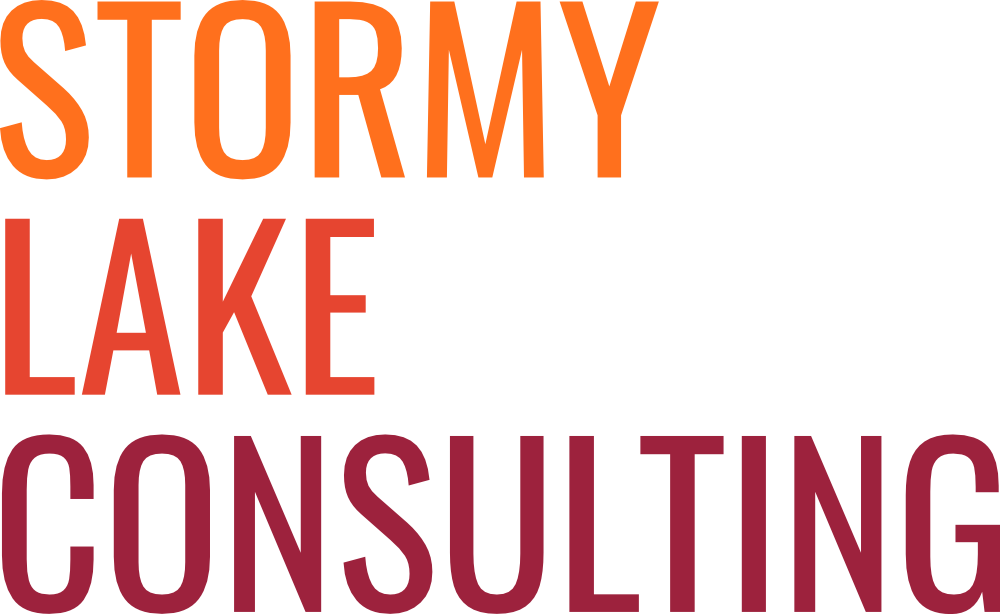The Mistaken Weekly Update
We were wrong.
Probably more than we know.
And we don’t just say that because we’re married.
A year ago, we posited* in our Weekly Update (May 8, 2020 – archived on our website if you have completely run out of things to read) that the rise of personal agency over the first few months of the COVID lockdowns would decrease our belief in COVID conspiracy theories.
Boy, were we wrong.
A year ago, 10% of Canadians believed in COVID conspiracy theories. Now more than 35% do. In fact, research by Insights West shows that COVID conspiracy theories are believed more than any theory except the existence of UFOs. More than half of you at least somewhat believe that UFOs exist, as well as the corollary beliefs that:
Close Encounters of the Third Kind deserved its Oscar over Star Wars.
Elon Musk is an alien trying to get home.
Area 51 is the 51st of the alien landing spots. The first 50 are better hidden.
Galaxy Quest is a documentary.
Ogopogo is just Sasquatch going for a swim.
When you meet someone who holds fast to a conspiracy theory, don’t – just like all you married people know – don’t confront them with the facts. Just. Don’t. Do. It. All it does is give them more to argue against. Other key tools to use in a conspiracy-laded conversation:
Underpinning conspiracy theories are feelings of resentment, indignation and disenchantment about the world. They are stories about good and evil, as much as about what is true. This gives conspiracy theories a strong emotional dimension. Tempers can flare and conversations turn into a shouting match. It is important to prevent this from happening. Be prepared to de-escalate the situation and keep the dialogue going, without necessarily giving ground.
Find the kernel of truth in every conspiracy and use it as a place to agree.
A minority treat conspiracy theories as the literal truth and are particularly resistant to persuasion. Many others might not see themselves as “believers” but are willing to accept that conspiracy theorists might be onto something and are at least asking the right questions. Establishing the precise nature, and extent, of someone’s belief, will enable you to better tailor your response.
There are no incontestable arguments or fail-proof strategies that will always convert a conspiracy theorist to scepticism. Therefore, set realistic expectations. The aim of talking to conspiracy theorists is not to convert them, but to sow doubt about an argument, and hopefully enable them to gradually build up resistance to its seductive appeal.
If you’re in one of those banging-your-head-against-the-wall conspiracy theory debates, a sure sign that you’ve hit the limits of reason is when you reach the thought-terminating clichés like “You can prove anything with data. It’s all lies, damned lies and statistics.” Or “There’s no smoke without fire.” Or “It’s just common sense.”
The thought-terminating cliché is the most far-reaching and complex of human problems are compressed into brief, highly reductive, definitive-sounding phrases, easily memorized, and easily expressed. They become the start and finish of any ideological analysis.
Thought Reform and the Psychology of Totalism, Chapter 16, The Older Generation: Robert Chao (1961)
I guess it’s true that common sense is uncommon.
The iconic profession of being wrong, meteorology, has a bad rap. As outlined in Nate Silver’s (behind the paywall) New York Times article, “The Weatherman is not a moron”, there have been some tremendously accurate forecasts (Hurricane Katrina) that are overshadowed by it having rained the whole weekend you went camping.
Compared to other areas, our weather prognosticators are above average:
A seven-day forecast can accurately predict the weather about 80% of the time and a five-day forecast can accurately predict the weather approximately 90% of the time.
An analysis of financial market forecasters showed the top-ranking forecaster was 78.7% accurate. The next three had 73%, 72% and 70% accuracy scores. Only 11 of the 68 had accuracy scores exceeding 60%.
Only 35% of political experts could make political predictions better than a coin flip.
A very powerful article on predicting the future by Luke Shabro (Deputy Director, Army Mad Scientist Initiative and Senior Futures Analyst at US Army TRADOC) has been circulating within our team. One of its key points is that you’re going to be wrong. According to Shabro, the value of predicting the future is not in being 100% right, it’s in the critical thinking about the future. Don’t avoid predictions, but instead embrace the possibility of a bad prediction and use it to reframe and refine your critical thinking. This thinking will in turn leave you better prepared for any possible future.
That leads us to a much more reliable posit – you’ll be smarter if listen to people smarter than you. Even if they tell you you’re wrong.
Or, in Principal Skinner’s case, if you don’t:
Embrace wrong, stay safe and this update isn’t over until it’s over.
* Our Word of the Weekly Update is posit, which means to assume as a fact. Positing can be risky behaviour. Consider these famous posits:
“Romeo and Juliet is the worst play I have seen in my life,” (Samuel Pepys, 1700-ish).
“Everything that can be invented has been invented,” (Charles Duell, Commissioner of the US Patents Office, 1899).
“640kb of memory ought to be enough for anybody,” (Bill Gates, 1981).
“You can buy a Tesla with Bitcoin.” (Elon Musk, March 2021)
“Karen doesn’t want a birthday present,” (Philip, last seen in early-2021).
Now, it’s over.


